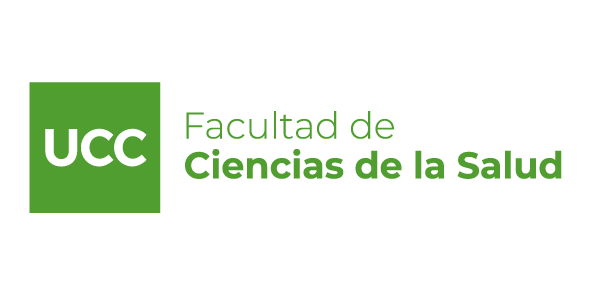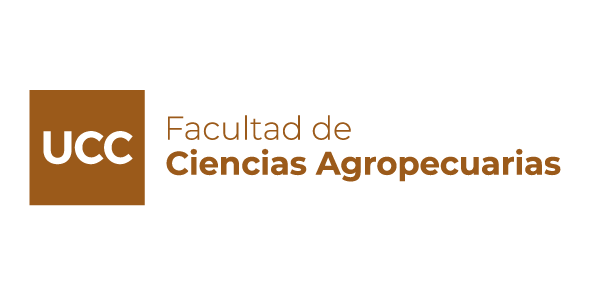Primary health care strategy in medical education
DOI:
https://doi.org/10.22529/me.2020.5(1)05Keywords:
integral, dynamic, systemic, equitable, accesible.Abstract
It is responsability of the present universal health systems to provide services respecting the following
principles:
Integrality: because it includes every organization levels, from molecular to social and environmental
ones, by means of intersectional actions.
Continuity: all along the life time promoting, protecting, preventing and if necessary attending to health
problems.
Decentralization: health actions are developed in people´s everyday life places, health system is closed to
people, families and communities to provide “in situ” care.
Coordination: in which primary care is the axis itself of care, prevention, protection and promotion and
marks the needs and rhythms of these requirements.
Proactive: it can anticipate the risks and manages them in real time.
Focused on the needs of people, families and communities: because its axis to face challenges and solve
problems in very diverse environments adapting to them dynamically.
Accessible: able to respond to health needs in advance, with minimal latencies and without creating barriers
to access.
Evolutionary: it is capable of changing depending on the transformation of knowledge and the results
obtained by the research itself and the work in academic networks.
Viable and achievable: to use knowledge to reduce costs, that is not expensive and that is effective,
effective, efficient and equitable.
The faculties and medical schools must be conceived as intellectual centers for the development of new
health systems, capable of identifying challenges, articulating and generating knowledge, with an inter and
transdisciplinary approach, creating technology and evaluating results, promoting the continuous
improvement of coverage and quality of the health system.
Published
Versions
- 2020-07-04 (2)
- 2020-04-01 (1)




















